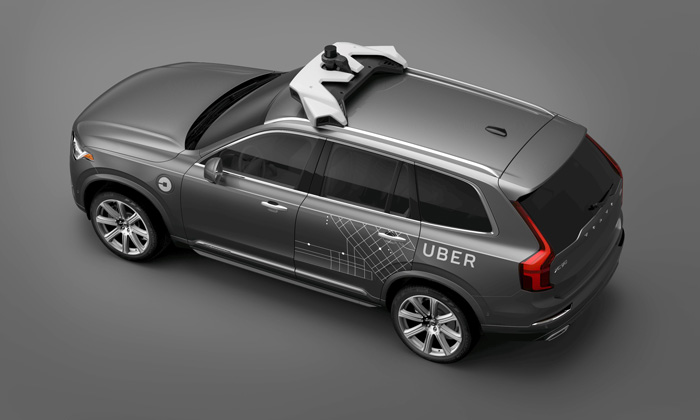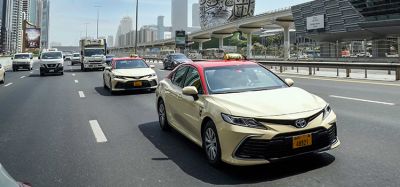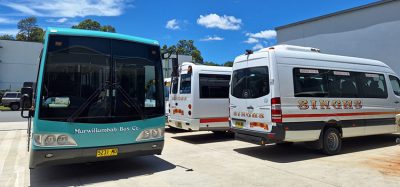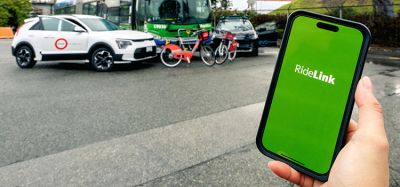Uber set to purchase 24,000 autonomous cars in driverless ride-sharing bid
- Like
- Digg
- Del
- Tumblr
- VKontakte
- Buffer
- Love This
- Odnoklassniki
- Meneame
- Blogger
- Amazon
- Yahoo Mail
- Gmail
- AOL
- Newsvine
- HackerNews
- Evernote
- MySpace
- Mail.ru
- Viadeo
- Line
- Comments
- Yummly
- SMS
- Viber
- Telegram
- Subscribe
- Skype
- Facebook Messenger
- Kakao
- LiveJournal
- Yammer
- Edgar
- Fintel
- Mix
- Instapaper
- Copy Link
Posted: 20 November 2017 | Intelligent Transport | No comments yet
Volvo will provide 24,000 ‘scalable’ autonomous cars to Uber, enabling the ride-sharing firm to develop and implement its own driverless technology system…


A framework agreement between Uber and Volvo Cars has been signed that will see Uber buy 24,000 base vehicles with driverless capabilities between 2019 and 2021.
The agreement, which is non-exclusive, is the next step in a partnership between Uber and Volvo Cars that began in August 2016, and marks a new chapter in the convergence of car makers and Silicon Valley-based technology companies.
The announcement constitutes the latest development in the burgeoning autonomous ride-sharing space, following the recent news that Alphabet’s Waymo will be launching a driverless ride-sharing platform beta, and the news from September 2017 that Lyft had teamed up with Ford.
The vehicles Volvo will provide (XC90 SUVs) are being developed on the company’s Scalable Product Architecture, meaning Uber will be able to use its own self-driving technology – which its Advanced Technologies Group is currently developing – within them. The base vehicles will incorporate all necessary safety, redundancy and core autonomous driving technologies for Uber to build upon.
“We’re thrilled to expand our partnership with Volvo,” said Jeff Miller, Head of Auto Alliances, Uber. “This new agreement puts us on a path towards mass produced self-driving vehicles at scale.”
“The automotive industry is being disrupted by technology and Volvo Cars chooses to be an active part of that disruption,” said Håkan Samuelsson, president and chief executive. “Our aim is to be the supplier of choice for AD [autonomous driving] ride-sharing service providers globally. Today’s agreement with Uber is a primary example of that strategic direction.”
The vehicles will also provide the foundation on which Volvo will develop its own autonomous cars strategy, which is set to culminate in the release of its first fully autonomous cars in 2021.
Related topics
Connected & Autonomous Vehicles, Fleet Management & Maintenance, Multimodality, On-Demand Transport
Related organisations
Uber, Volvo Cars








